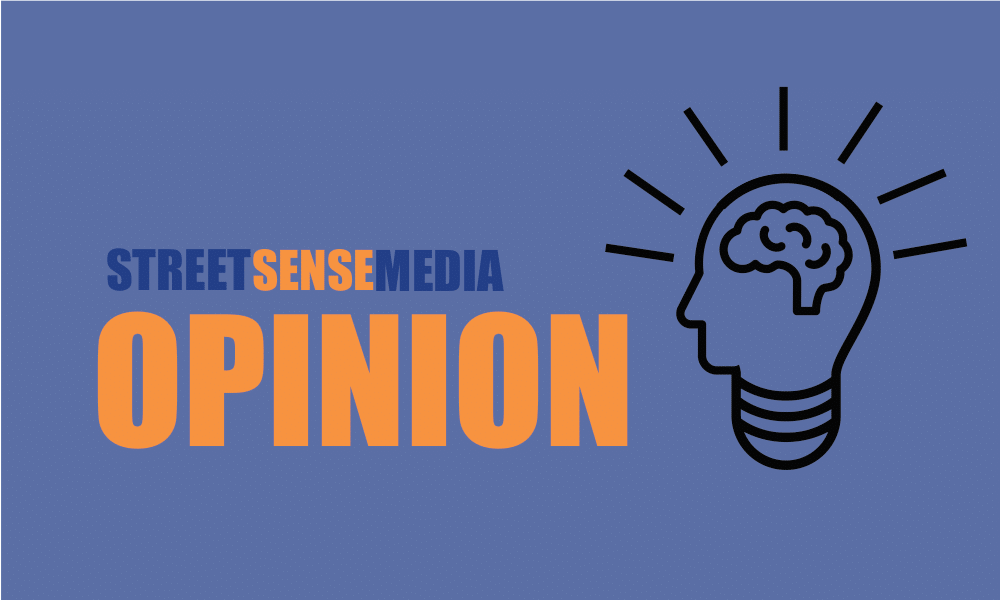It is better to make a deal with the Devil than to trust a friend who will desert you in your time of need. When I met my former attorney, he was quite friendly with me, but trusting him to handle my legal needs proved to be a costly mistake. What I have seen is that once a person is impoverished, attorneys want no dealings with that person. There are always excuses given, but the bottom line is always the same: there is no pot of gold at the end of the rainbow when dealing with the poor.
Legal problems keep many people in a homeless state. Numerous organizations exist to render services to love-income persons, but the question is whether these organizations really help to resolve the many legal problems that cause chronic homelessness.
Some organizations deal chiefly with preventing expulsion from shelters or protecting the rights of the disabled in guaranteeing access within shelters. Such issues are indeed important and cannot be over-looked for sure. However, when it comes to addressing issues that will enable homeless persons to re-enter mainstream society, the legal services are less well-tuned. Jurisdictional issues also prove to be a problem in the D.C. area because not all homeless persons have lived exclusively within the District of Columbia, and obtaining resources outside the District remains a constant problem.
Because legal problems can be varied and many, it is unreasonable to expect any one organization to be staffed with multiple attorneys with the wide range of expertise required to address the many needs of the homeless population. But that does not mean that the needs of the homeless do not need to be met. Somehow, a better system does need to be set up. But how? So far, the challenge has gone ignored, in spite of the work of a number of organizations in the area.
What is most puzzling are the criteria for accepting cases in these organizations? I went to one organization and was told that I had to be a resident of the District of Columbia before I could be accepted. I waited the required six months, only to be told that the organization was not qualified to take my case; I could only wonder why I had not been told that six months earlier. Another organization asked me to do a lengthy intake, only to say that it could not take my case. Yet another organization asked me to do an intake, then told me I had to go to another jurisdiction, which turned out not to be true at all.
The crowning statement came from one organization that did the most lengthy intake of them all. Well over a month later, and after my court date had passed, I was sent a letter – which I still have in my possession – telling me that because of the “urgency” of my case, I was being referred to one of the other organizations that had denied me and that I would be no further assistance.
In no public institution have I ever experienced such a run-around as I have with these legal organizations, and to date, I have not received one iota of assistance, not even with the simplest of matters. The most I have been given was a telephone number of one official who does not return phone calls. I hardly call that success.
I know from other homeless persons who have faced legal problems that they complain bitterly and that there are no legal resources available to the poor. I know from my own experiences that if resources are available, accessing them seems to be reserved only for a narrowly defined elite. It is for that reason that I question the words “with liberty and justice for all,” because liberty and justice exist only for those who can afford them, not for the indigent. I must ask the question: How can we, in all good conscience, include the words “with liberty and justice for all” in our Pledge of Allegiance when they clearly do not apply to our nation at all?








